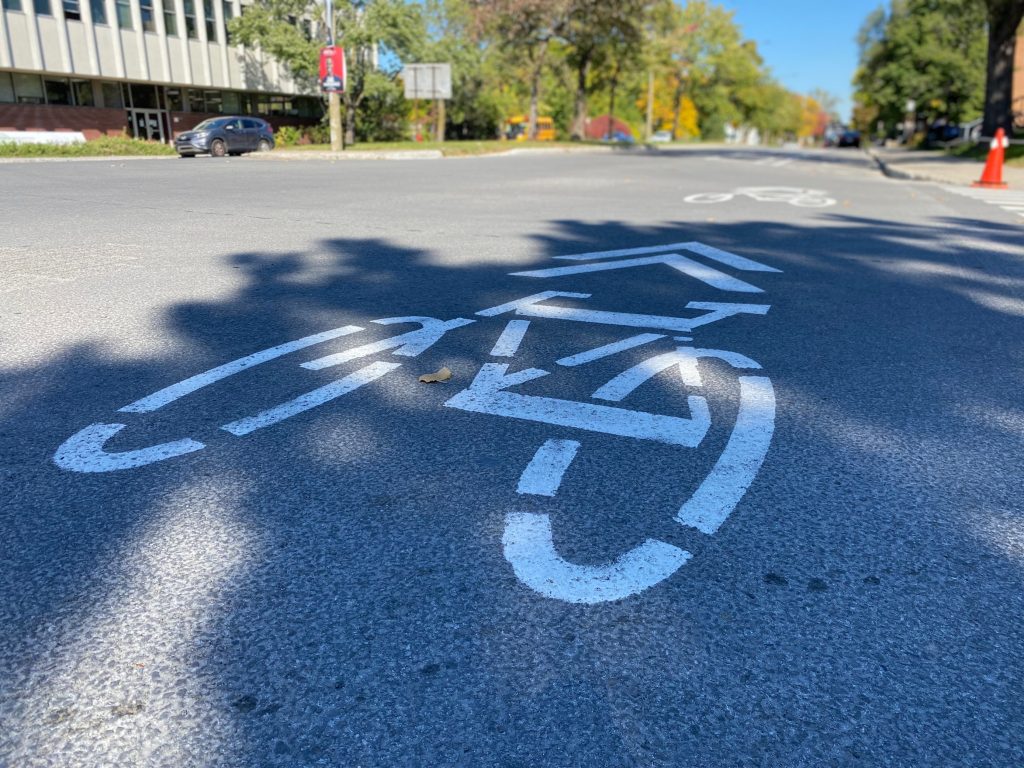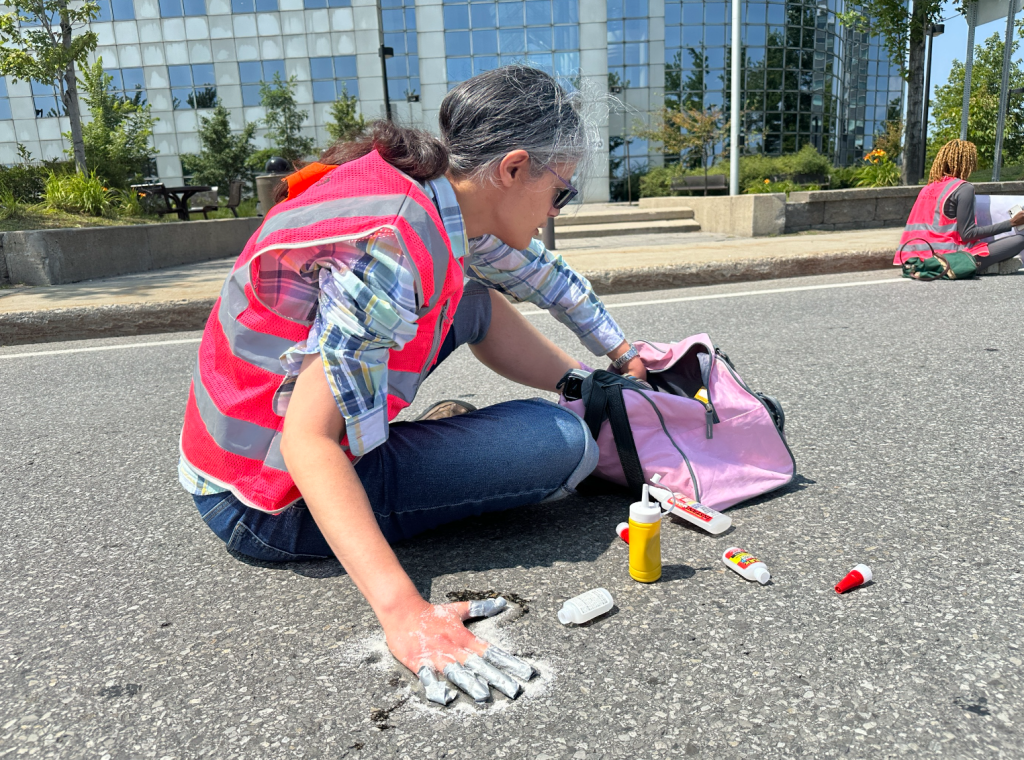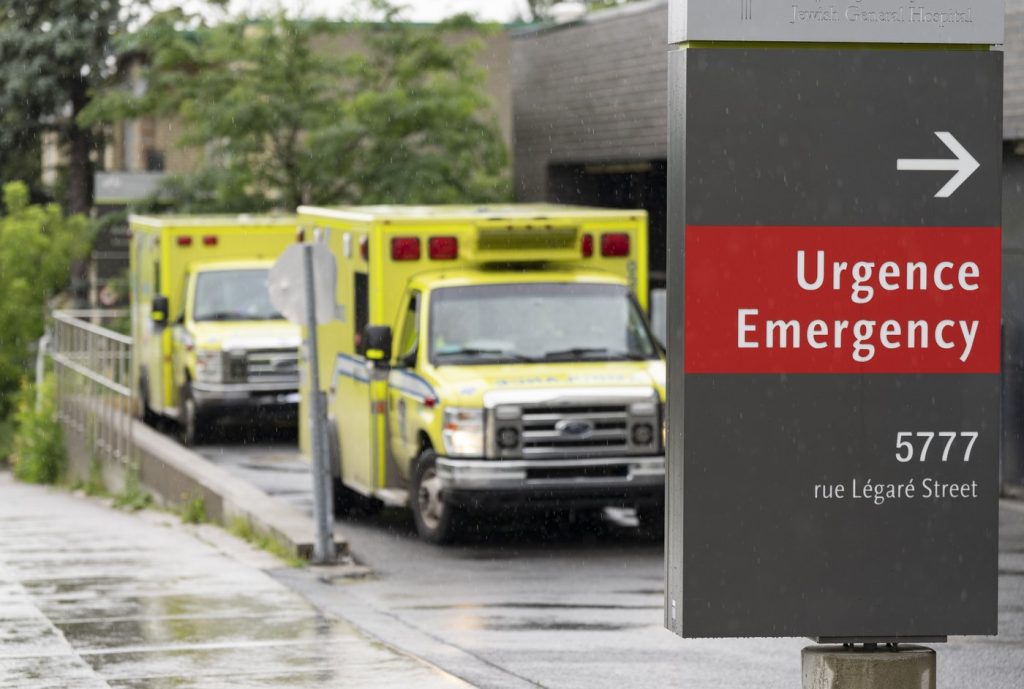People cling to conspiracies because they are desperate, says doctor
Posted March 2, 2021 8:10 pm.
Last Updated March 3, 2021 11:32 am.
MONTREAL – Whether it’s on Facebook or on your neighborhood streets, since the start of the pandemic many have pushed back against COVID-19 restrictions or have spread what Montreal doctors say are dangerous conspiracy theories.
“People began to say the virus doesn’t exist, there’s no danger outside, or the virus exists but it’s not harmful. [They’ve said] the virus is the creation of pharmaceutical [companies]–they’re just trying to scare us but there’s no danger,” explained Dr. Cecile Rosseau, head of polarization clinical team at CIUSSS West-Central Montreal.
Rosseau says it’s something that’s been witnessed in the last year with protests against public health measures and anti-mask or anti-vaccination movements in Quebec and the rest of Canada.
“These movements are gaining in popularity because people are more desperate in times of despair. People get attracted to groups who give them certainties and who help them find an enemy,” she said.
A survey commissioned by Quebec’s Public Health Institute in 2020 found of the 3,000 respondents, nearly a quarter of them believed COVID-19 was created in a lab.
Thirty-five per cent of them believed Quebec is hiding important information on the virus and one-third felt the pandemic was being exaggerated in the media.
“People have been losing their jobs, losing money, dire conditions. You have good reason to be angry.”
Some 1,600 threats made to politicians last year, including to Dr. Horacio Arruda Quebec’s public health director.
His home address was shared online by right-wing conspiracy theorists who have called him “doctor of death” and claimed that he was imposing a dictatorship over Quebec because of public health measures during the first wave.
“The issue of social polarization has been accelerated by the pandemic but not caused by the pandemic. So it’s a long problem,” she said.
“There is a middle group of people who are tempted and attracted to the conspiracy and more they go online, the more they have a self-fulfilling prophecy.”
Rousseau believes that this middle group – people who aren’t extremists – can be walked back from the conspiracy theories without using aggression or confrontation.
“Showing empathy, asking questions. Because the question is: are you sure these people have the truth? Tell you all these things about who’s responsible–are you sure?”
Rousseau’s Montreal clinic evaluates and supports those caught up in radicalization and wants to see more done for prevention.
“We should also address the despair behind the rage, otherwise these people will become more desperate and more dangerous,” she said.



